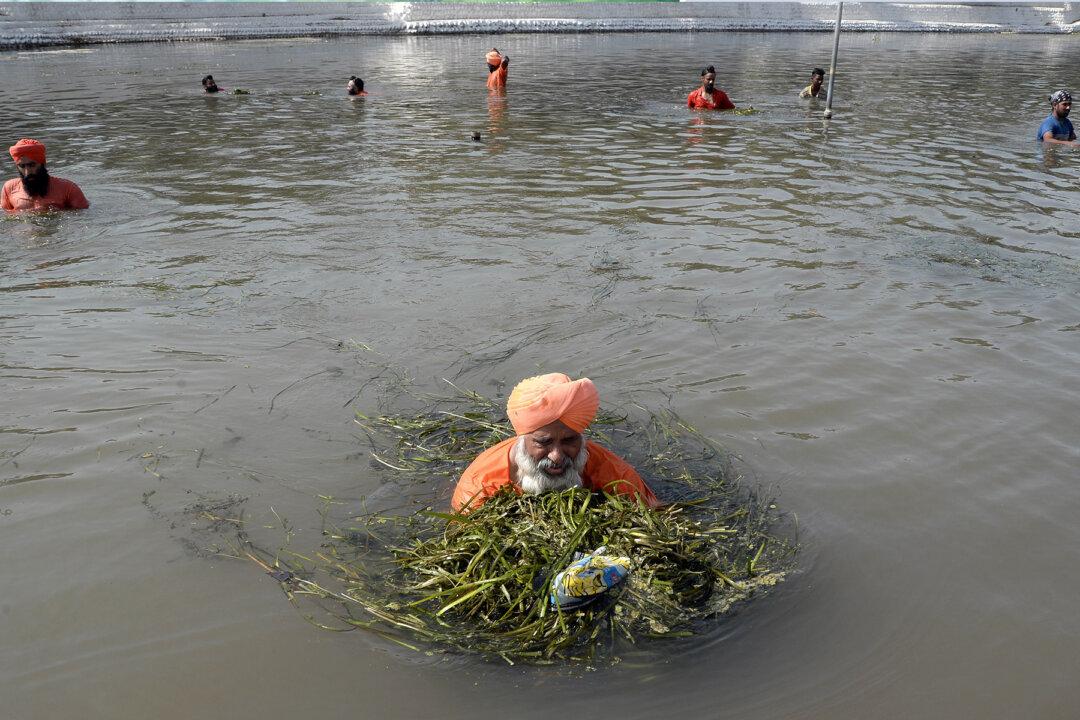People generally count their challenges before starting an initiative, but Baba Balbir Singh Seechewal, a man from Punjab, decided to clean a 160-kilometer (approx. 99-mile) river all at his own cost. Due to his efforts, he was able to gather many committed volunteers on his mission to clean the river. Together, they transformed a “once-filthy drain” into the lifeline of the region.
Seechewal and his volunteers cleaned the river bed and this helped restore the normal flow of clean water in the river. Not only this, even, they beautified the river banks with flowers and fruit trees. They have also made bathing ghats and brick roads on its banks.






